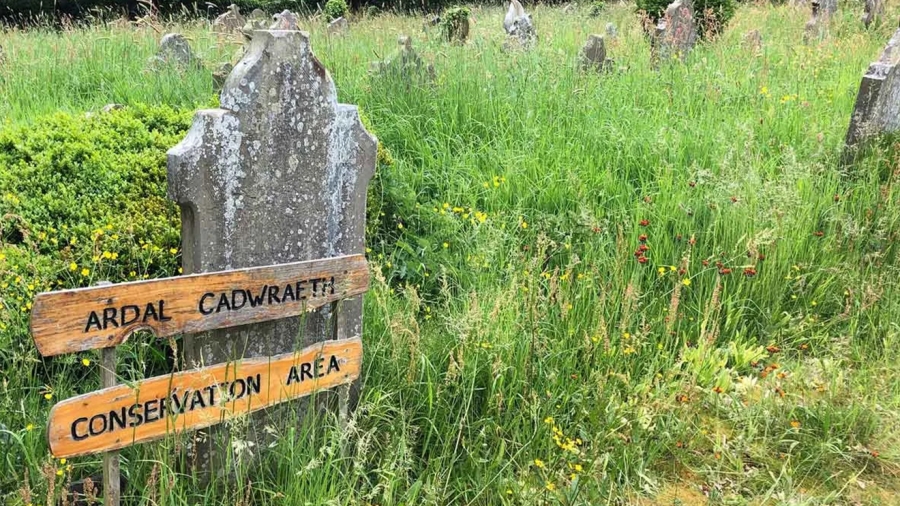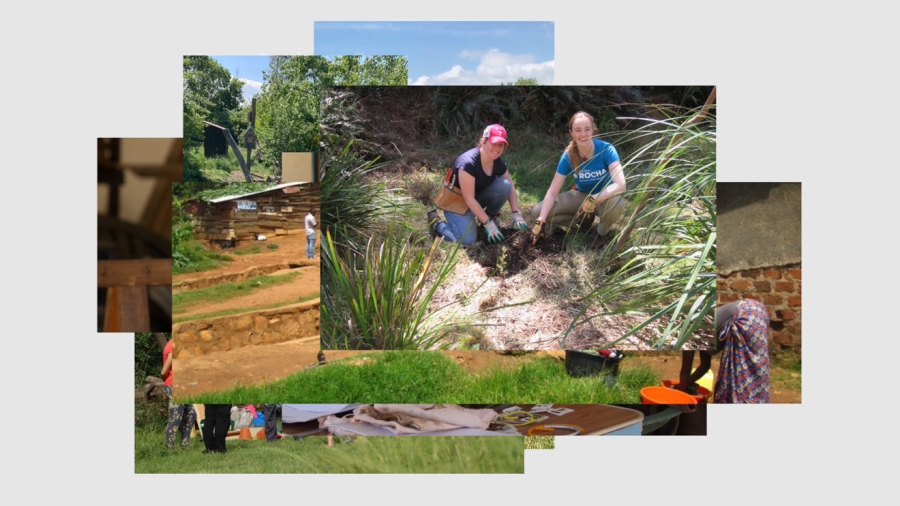The Intergovernmental Panel on Climate Change (IPCC) set out the final part of its sixth assessment report on 20 March 2023. This is the most integrated and accessible assessment of climate change drivers, impacts, and solutions in a decade.
The report demonstrates the devastating reality and risks posed by the climate crisis, such as food shortages, human and animal deaths from heat and humidity, and loss of habitat and species. There is not one, but three global crises : biodiversity loss, climate change, and poverty and inequality. Each of these three crises impacts negatively on the other two.
The report makes sober reading, but it does hold out hope, and has been said to offer a ‘survival guide for humanity’ in the face of climate change’. It includes multiple, feasible and effective options available to reduce greenhouse gas emissions and adapt to human-caused climate change. We have never been better equipped to solve the climate challenge. We have what Achim Steiner, Administrator of the UN Development Programme, calls a ‘rapidly closing window of opportunity’ but if we act now, we can still secure a liveable, sustainable future for all.
Nevertheless, it is surprising that the IPCC should have listed hydropower as a tool to combat climate change. We need the tools to combat climate change to be those that don’t exacerbate other problems such as biodiversity loss and the livelihoods of river-dependent people.
At the COP27 in Sharm el-Sheikh, a number of countries tried, but failed, to get the UN to agree to phase out oil and gas as well as coal. This argument is not going away – with the EU now openly supporting such a move. This IPCC report will be central for COP28 when countries meet again in Dubai later this year.
For forty years, A Rocha’s integrated approach to conservation has led us to look for ways for landscapes and their inhabitants to live in healthy interdependence, whether through the livelihoods created by processing shea nuts in northern Ghana, the coastal forests of Kenya earning school fees for local children through eco-tourism, or communities learning to live peacefully alongside elephants in India. We believe God created the world to be a safe home for every living thing and in our work on six continents, we have seen the truth of this in practice.
We are committed to the places, people and species we work to protect and restore around the world and we also recognize that we do not bear the full weight of their survival. Our efforts are inadequate, but God’s love and faithfulness for all he has made enables us to remain hopeful that the story is not over.
For more information and in depth analysis, we recommend the following articles and short films:
Prof. Katharine Hayhoe: What is the IPCC Synthesis Report for the 6th Assessment
IPCC Synthesis Report: UN Climate Report 5 Facts
Simon Lewis in The Guardian: The IPCC’s climate report has drawn the battle lines for COP28: oil profits or a liveable future
Le Monde: IPCC Report: Humanity still has the means to act on the Climate
Synchronicity Earth: The myth of green hydropower
BBC: Five things we’ve learned from UN climate report
Image: The ‘warming stripes’ graphic published by Ed Hawkins from the University of Reading, portrays the long-term increase of average global temperature from 1850 (left side of graphic) to 2018 (right side of graphic). (CC BY 4.0)


